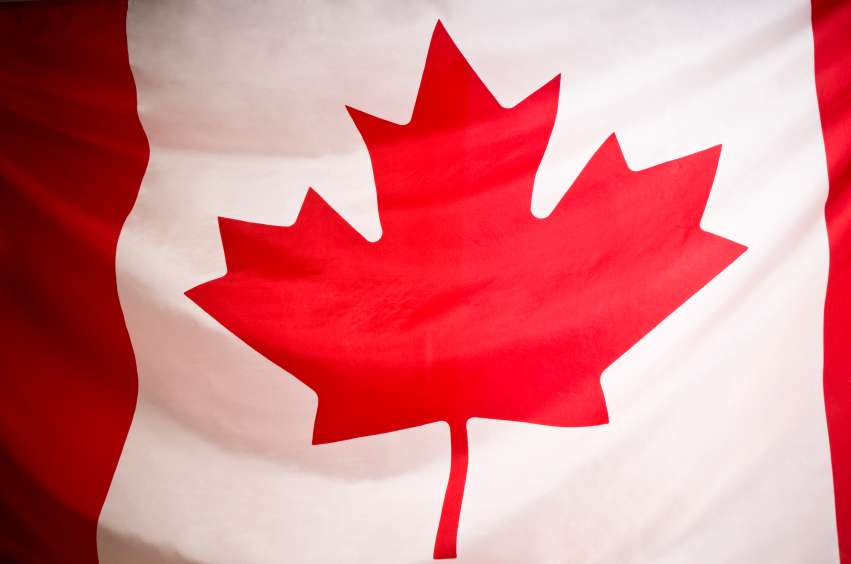
Advertisement
Canada is the 18th and latest country to breach the 100,000 mark in reported cases of the Wuhan coronavirus (COVID-19) – with 101,877 confirmed cases and 8,361 deaths. Despite the fact that the outbreak is slowing and that the country’s 10 provinces and three territories are slowly reopening their economies, health experts believe that Canada still has some major hurdles it needs to overcome – and the threat of a second wave is still looming.
Canada’s shortcomings when it comes to its coronavirus response have become “a very big wake up call,” according to health experts. The fragmented healthcare system, they say, is partly to blame. The multi-layered system, which is controlled very differently in each of the country’s provinces and territories, made it difficult to coordinate a national, unified response.
In fact, health experts have agreed that there has been a lot of inconsistency when it comes to the federal government’s messaging and strategy on anti-coronavirus measures such as contract tracing and mask wearing. Even the Canadian government has admitted that their coronavirus response was not great.
Major lockdowns are still in place in Toronto and Montreal, two of Canada’s largest cities. The rest of the country, however, is beginning to relax restrictions on citizens’ freedom of movement. The main concern now, according to Theresa Tam, Chief Public Health Officer of Canada, is that people, especially young ones, might start becoming complacent about anti-coronavirus precautions, such as practicing social distancing, regular hand washing and the wearing of masks.
“It’s the sustainability of our response going forward [that] is going to be really tough. We will just have to keep reminding people,” said Tam in a press briefing. (Related: As Canada emerges from coronavirus, residents hope to curb second wave of infections.)
“The virus hasn’t disappeared… what we’re asking all Canadians to remind themselves is it’s not normal times. We’re not going back to before January 2020,” she added.
Tam is further worried that, if the number of coronavirus cases in the country surge once again, it might coincide with an influenza outbreak, straining Canada’s healthcare systems to the breaking point.
Second wave would destroy Canadian economy
Lawrence Schembri, Deputy Governor of the Bank of Canada, has warned that a second wave of COVID-19 could have a “very serious” impact on the already struggling Canadian economy, especially if these new infections are coupled with another round of strict lockdown measures.
Schembri stated that employment and spending in Canada has dropped sharply since lockdowns were imposed in mid-March, when Canadian officials ordered most non-essential businesses to cease operating.
As the country has begun gradually reopening the economy, Schembri said that the one thing Canada needs to avoid is for the second wave to be as severe as the first.
The Bank of Canada has stated that they believe the country’s economic recovery will be prolonged and uneven, and that it will consist of two phases: A quick reopening and a drawn out recuperation period. The length of the recuperation period will depend on how well each province and territory handles the reopening.
They further believe that spending won’t go back to normal levels anytime soon, as households would remain cautious with their finances until the pandemic ends.
“The uncertainty around this recuperation stage is extraordinary and points toward a recovery that will be gradual and long-lasting as this uncertainty slowly dissipates,” said Schembri.
Tiff Macklem, governor of the Bank of Canada, said that the central bank will continue to support Canada’s economic recovery. The bank has slashed its key interest rate three times since the lockdowns began in March to 0.25 percent.
Stay updated on what Canada and the rest of the world have been doing to control the coronavirus and reopen their economies at Pandemic.news.
Sources include:
Advertisement
Advertisements
















